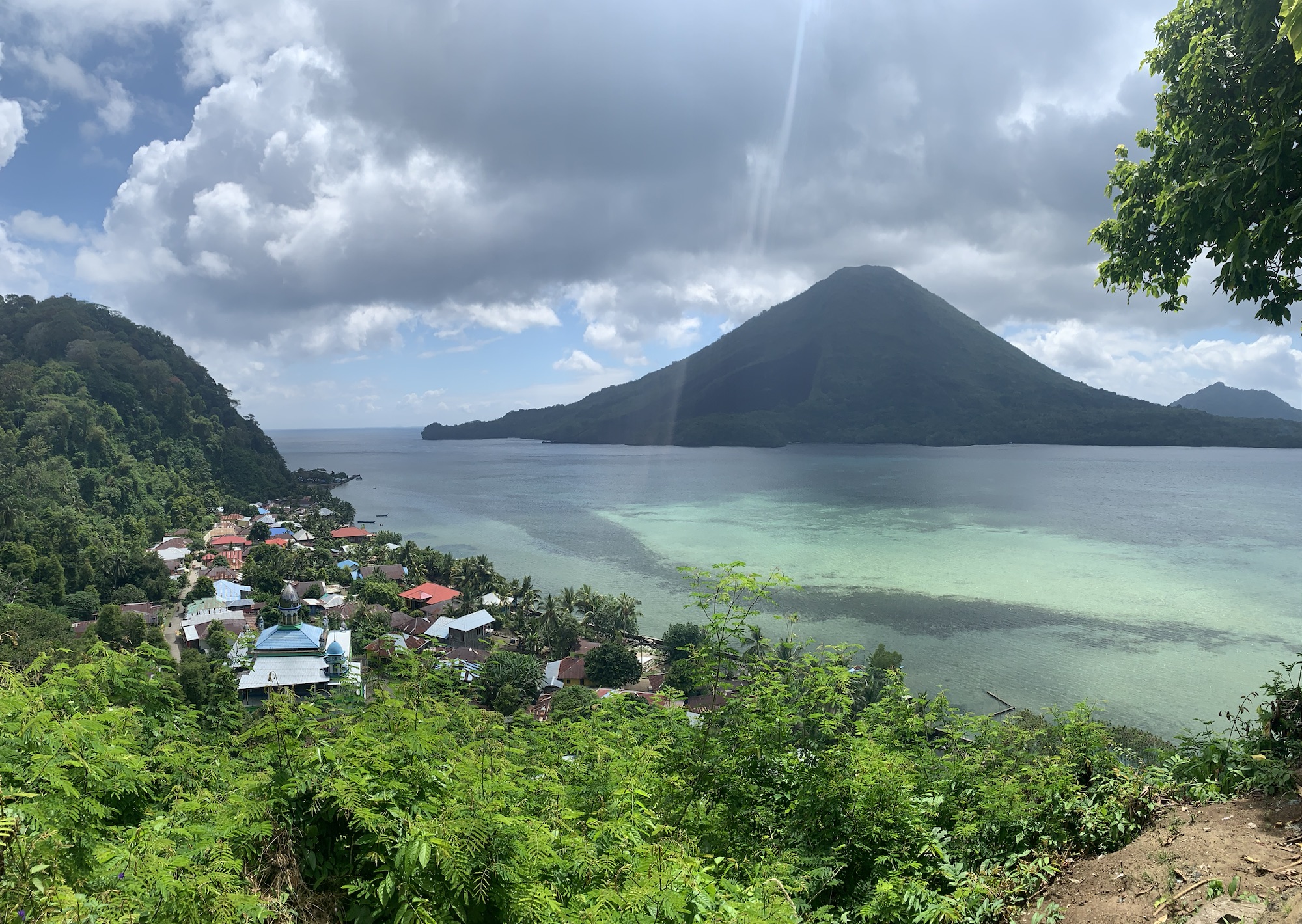
🇮🇩⛴️ Entering Indonesia via the Moluccas archipelago, our first images are of small, quiet and colourful coastal towns, verdant with banana trees, bougainvillea and hibiscus, and where colorful church towers stand alongside golden minarets. Everywhere we are greeted by shy or radiant smiles and innumerable joyful “Hello Mister!”. The soundscape is complemented by Indonesian music loudly chanting from every taxi and the call to prayer, which punctuates the day.
These islands are among the more than 17,000 islands that make up the Indonesian archipelago, which includes 5 of the 13 largest islands in the world (New Guinea, Borneo, Sumatra, Sulawesi, Java – the island of New Guinea is shared with Papua and Borneo with Malaysia and Brunei). From West to East, Indonesia covers an area equivalent to the distance from Ireland to Kazakhstan; superimposed on Australia, it would cover an area from Perth to Auckland. The Indonesian Republic has 300 ethnic groups speaking 700 different dialects, but the national language is Bahasa.
Indonesia is the fourth most populous country in the world (280 million), the largest Muslim country in the world, and the largest economy in Southeast Asia. One in twenty-seven humans is Indonesian – and yet, would you be able to name even one Indonesian personality?
Indonesia was the first colonised country to declare its independence following the Second World War, only two days after the capitulation of the Japanese occupier, on 17 August 1945. The « Proklamasi » put an end to 350 years of colonisation and murderous occupation, Dutch (1600-1942) then Japanese (1942-1945). However violence was not over and the war of independence (the Revolusi) led by young people lasted another 4 years until, finally, in 1949, the UN firmly ordered the Dutch to abandon any neo-colonial project. This was the first “domino” of the colonial era to fall, and many countries followed in its wake, inspired by the leadership of President Sukarno and the Bandung Asian-African Conference.
Where else, if not in the Banda Islands, could we fully appreciate the major role that the Indonesian islands have played in world history? Disembarking by ferry, we spent two days exploring the Spice Islands, Banda Neira and its neighbouring islands. The active Gunung Api volcano and its lush flanks dominate the landscape. It is here and here only, in this fertile volcanic soil that nutmeg and cloves chose to germinate and allowed the Bandanese to prosper from the trade of their spices. Discovered by the Portuguese, conspicuously monopolised by the Dutch and jealously smuggled out by the French and English, these spices, jewels from another time, were the initial reason for Dutch colonisation. It is also here that the leaders of the Indonesian independence movement Hatta and Sjahrir were sent into exile by the Dutch in the 1930s.
This past remains present on the island, where imposing colonial buildings with large colonnades and old military forts rub shoulders with the small colorful local houses. Spices are everywhere: freshly picked cloves dry on tarps in front of houses and perfume the air, market stalls offer nutmeg juice and jam, cinnamon, and other delicacies. We visited a local plantation and learnt to recognise the trees, fruits and roots that are at the origin of the strong flavours that we love so much.
The underwater world is as rich as the surface world. At the foot of the volcano, on lava flows dating from 1988, we discover fields of coral as far as the eye can see, populated with small, brightly coloured fish, in the clearest water we have ever swum in. If the water is clear and clean in these coral gardens, the plague of plastic is a daily and obvious heartbreak around the residential areas. Our guides to the coral gardens are first and foremost “plastic warriors” and tell us with passion about the actions their NGO is carrying out to collect and recycle plastic waste, and to raise awareness among residents by first targeting schools. Visiting their sorting and recycling facility reignites a glimmer of hope in me. Their fight, like the one to which we contribute through the environmental movement, is an ultra-trail: intense and long-term efforts, sometimes depressing and and never ending, but where each forward step is worth taking and brings us closer to the ultimate goal. In what poor state would the planet be in without their, without our, good will and persistent efforts to protect it? I leave the Luminocean centre filled with gratitude.
We are now preparing to get off the KM PANGRANGO, the ferry of the national company Pelni on which we have just made a second trip, leaving the Banda Islands behind us to reach the capital of the Moluccas, Ambon. Surrounded by our travel companions who are still surprised to see us here, I think about how our choice of travel mode guarantees us an experience full of authenticity, surprises and learning. In just over a month, this pushed us – among other things – to learn to sail a sailboat, travel by ferry with and like the locals – the only foreigners on board, and to discover islands where we probably would not have gone if they weren\’t just in our way. I am delighted about it.

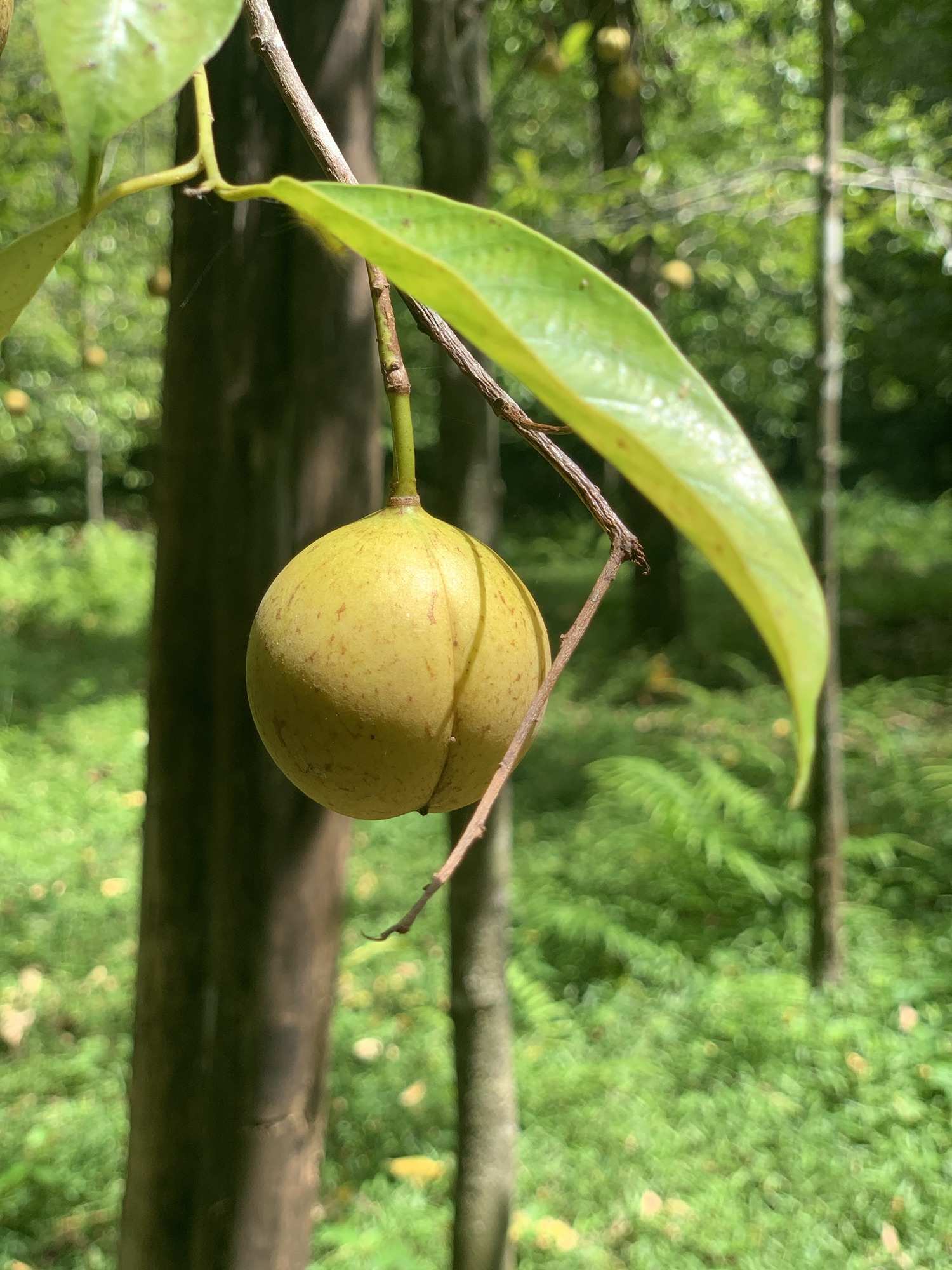
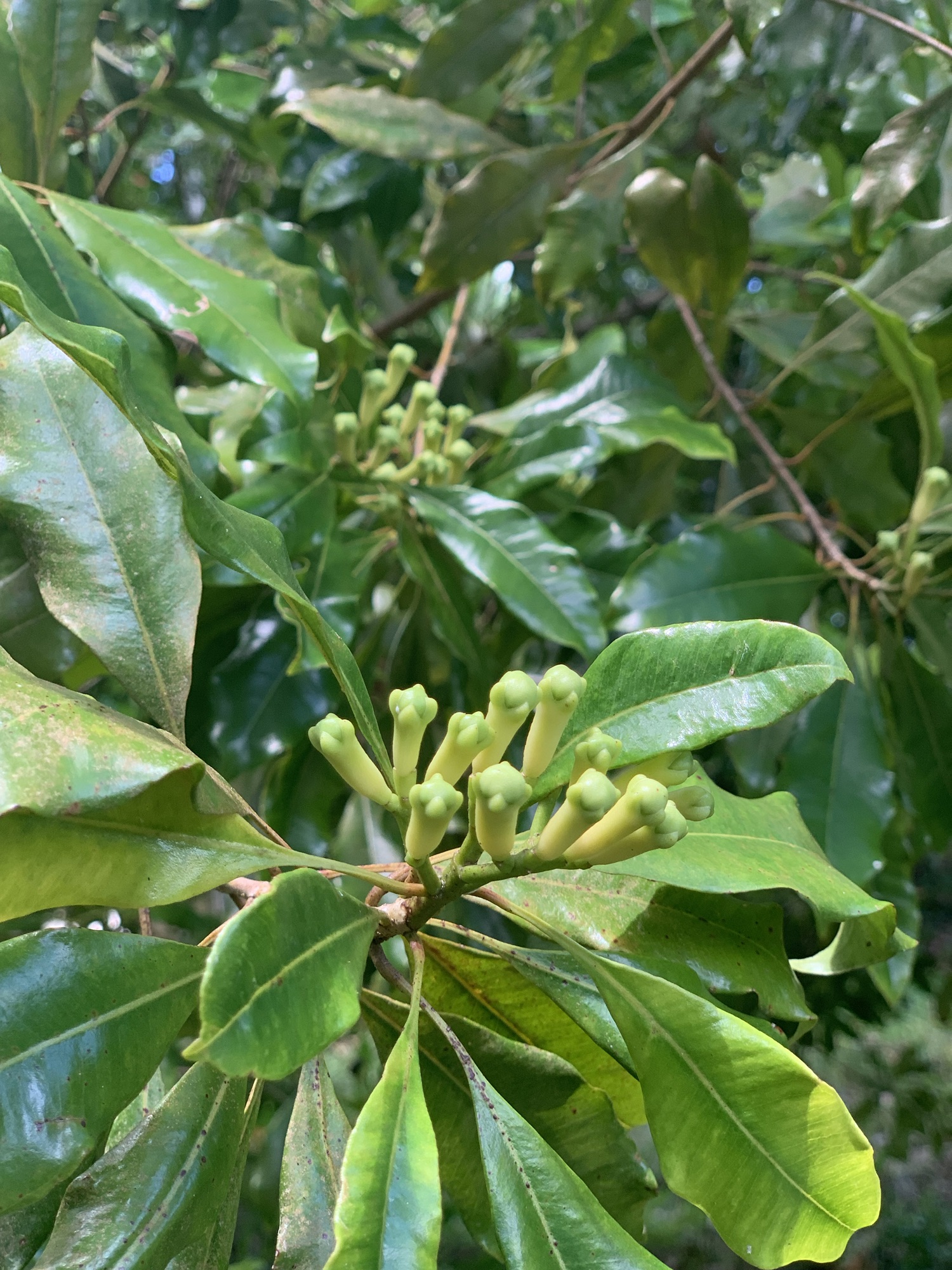
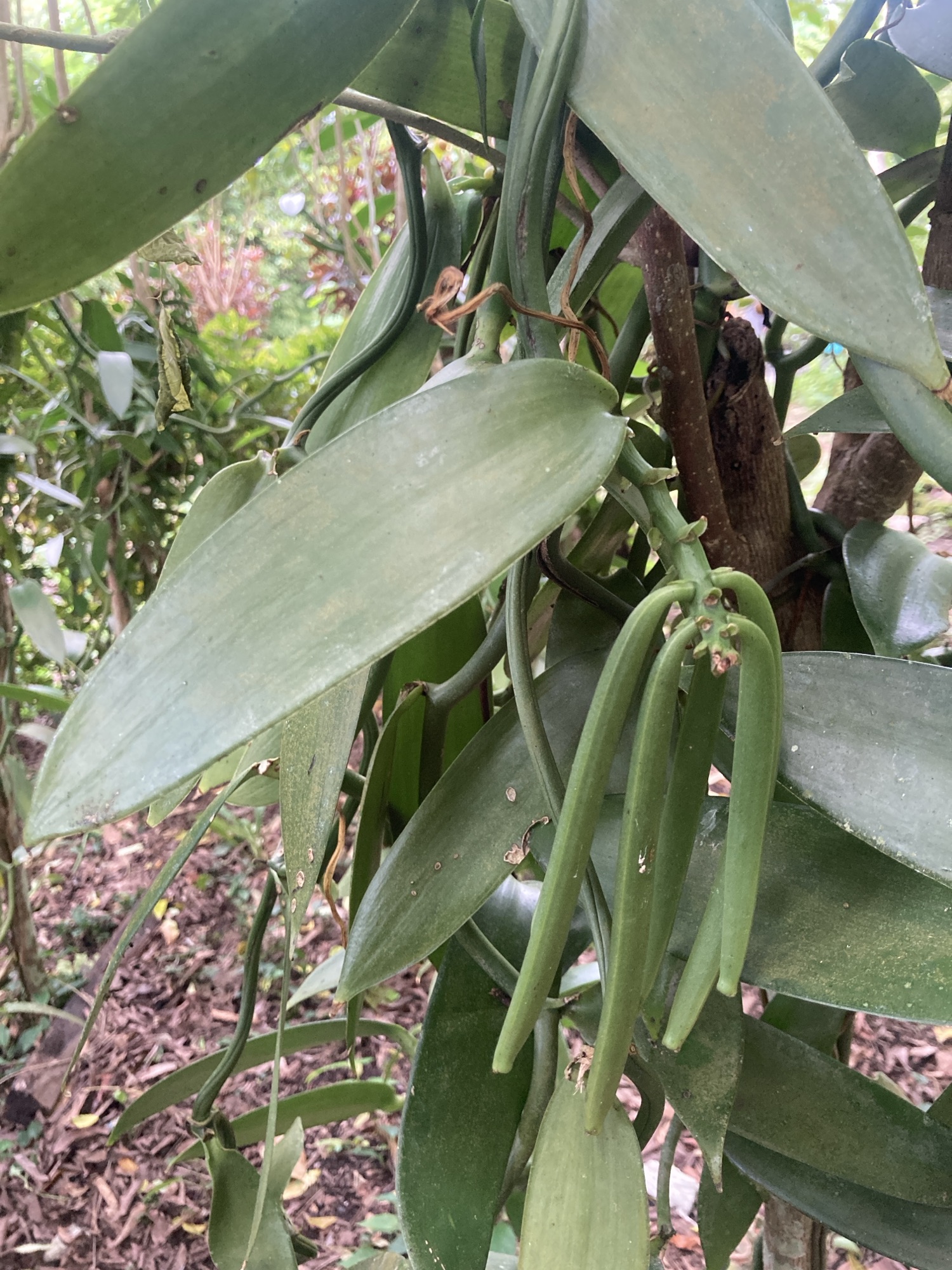
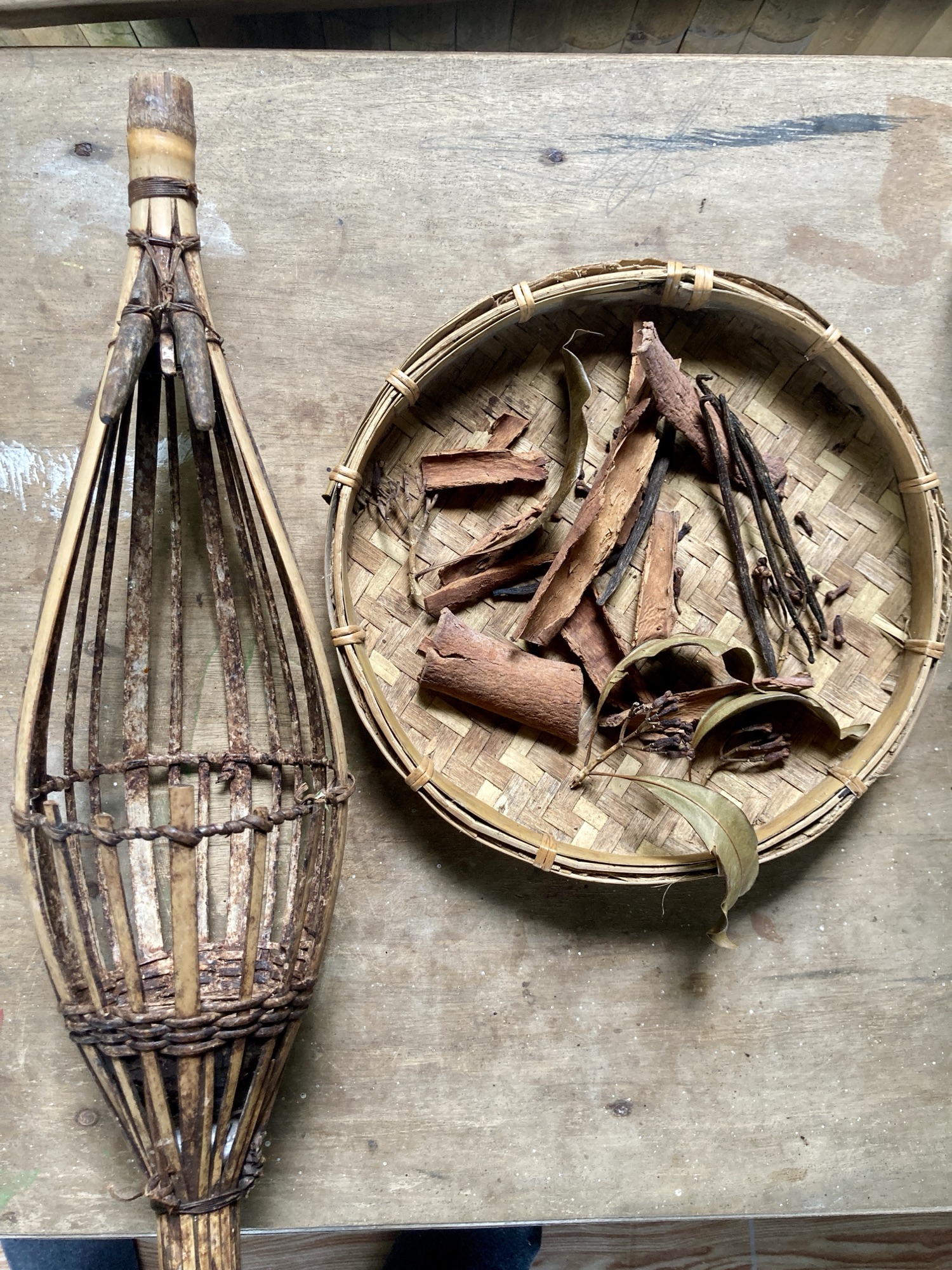
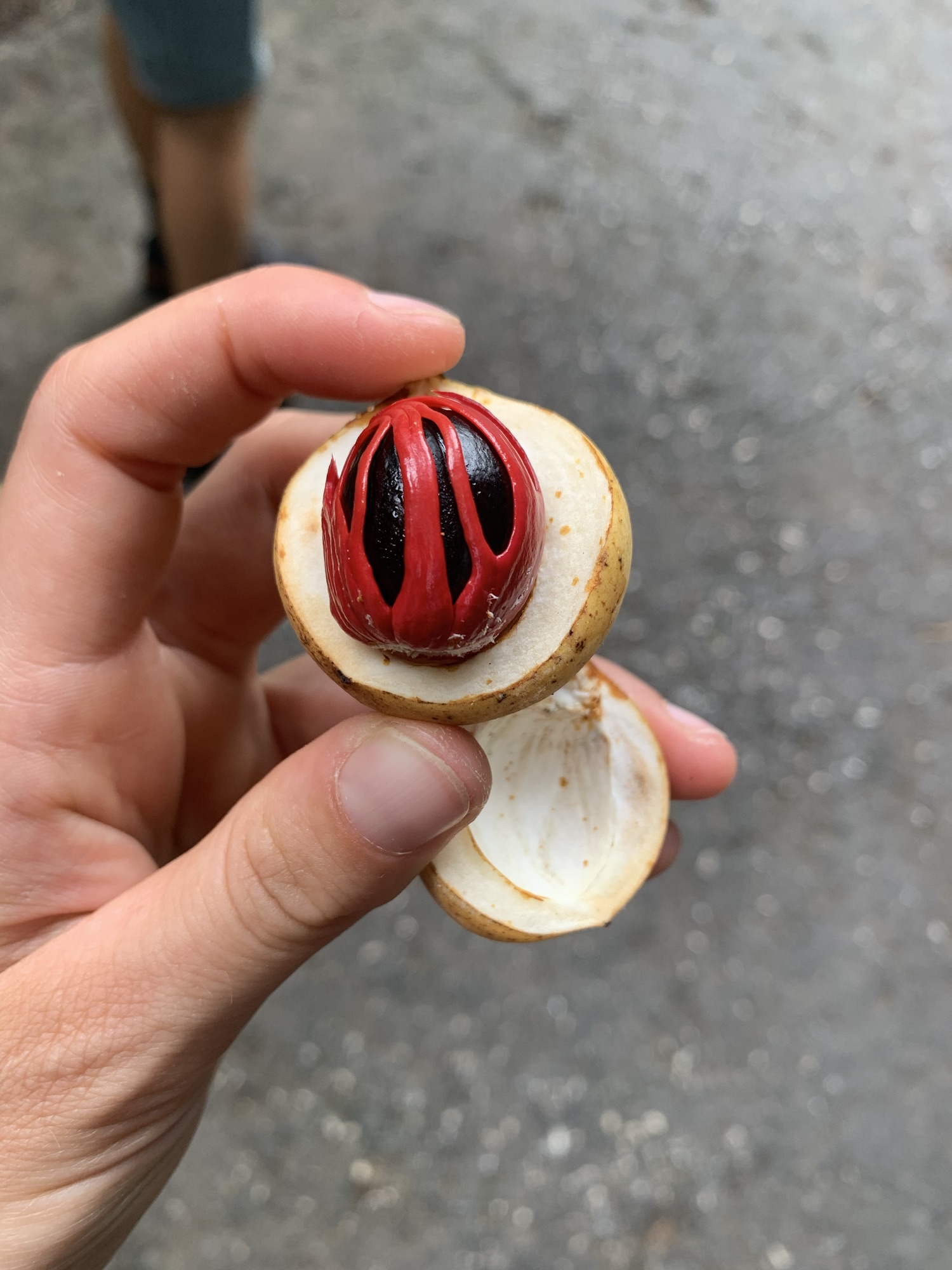
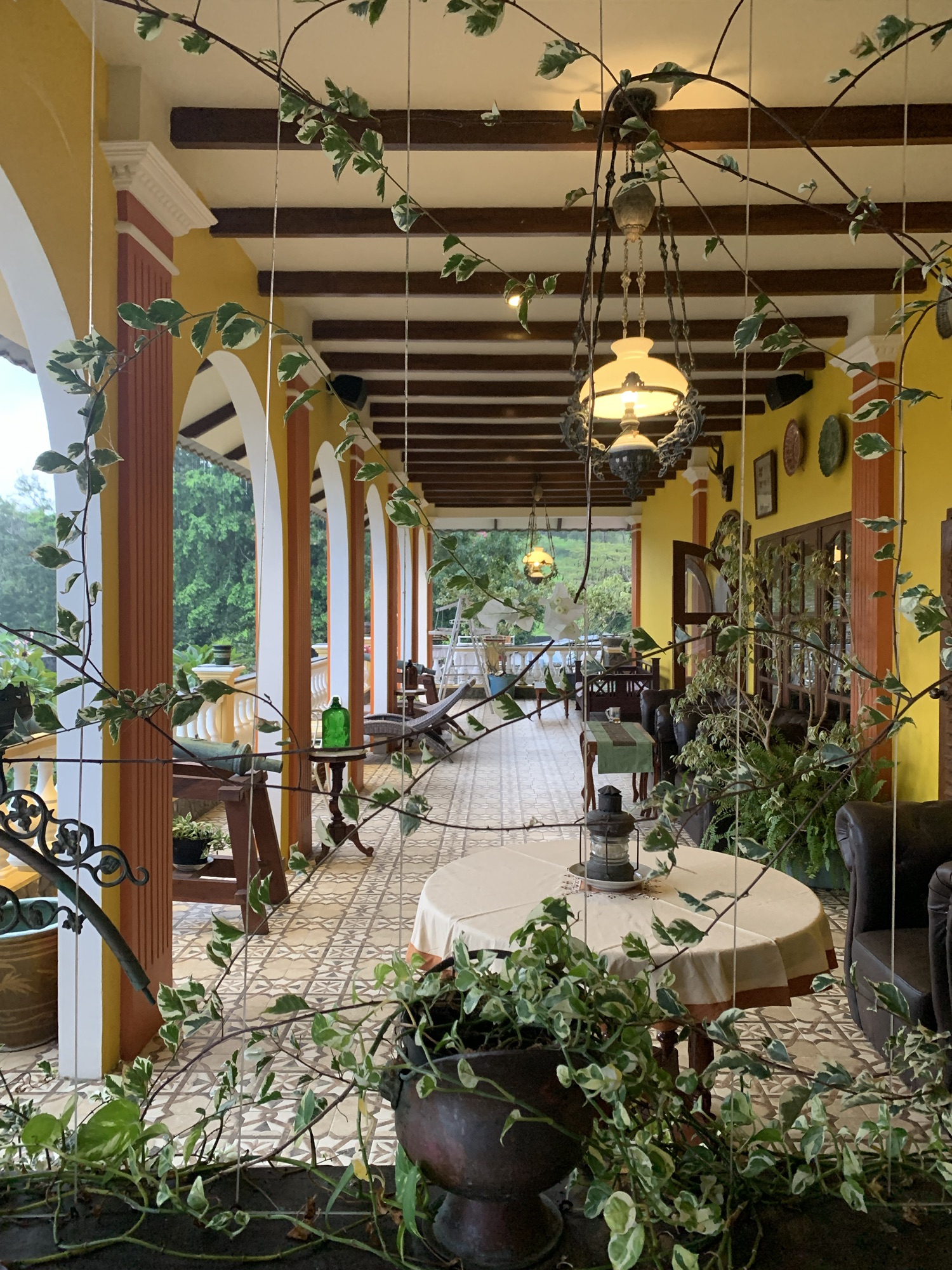
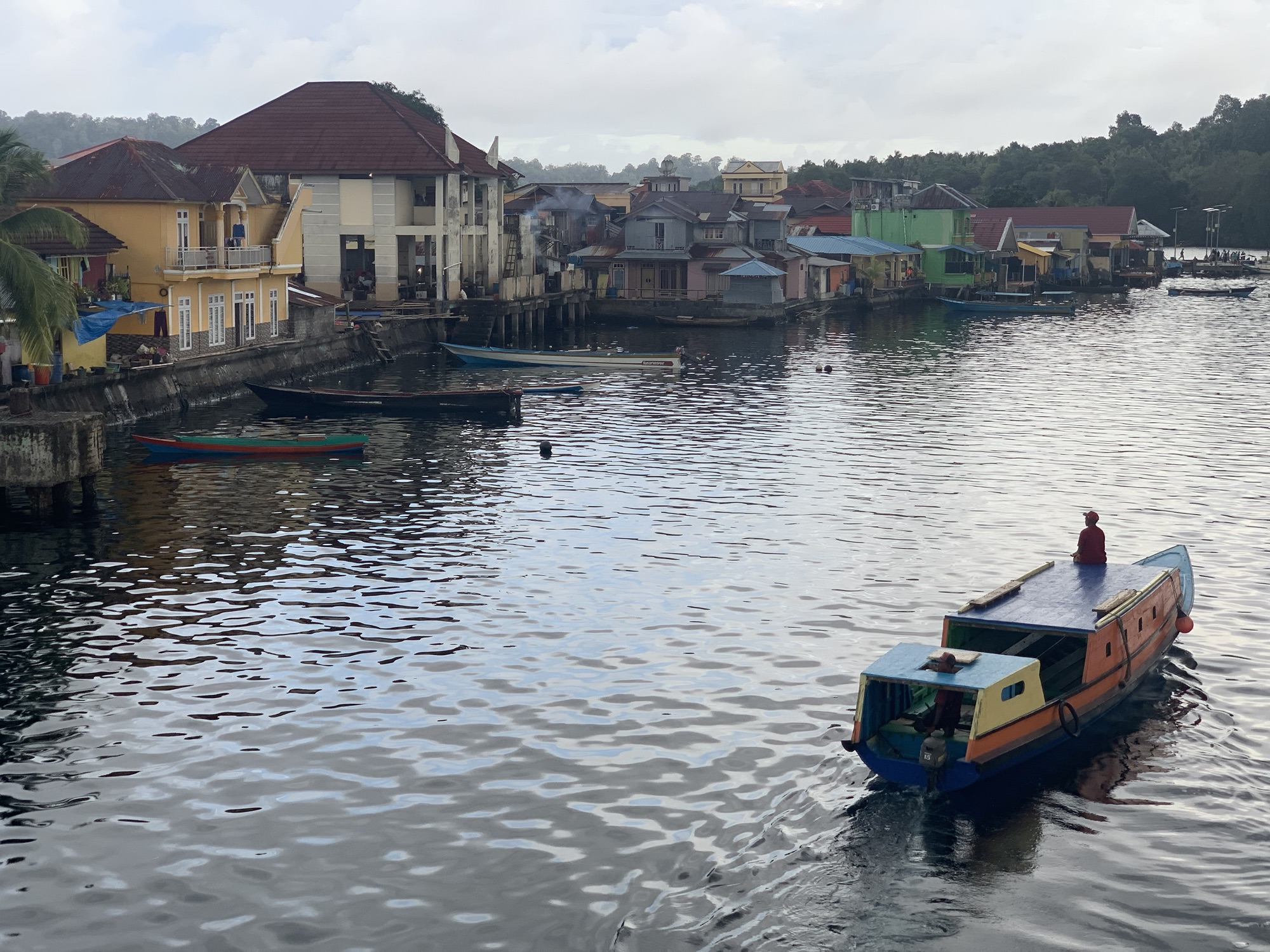
Leave a Reply